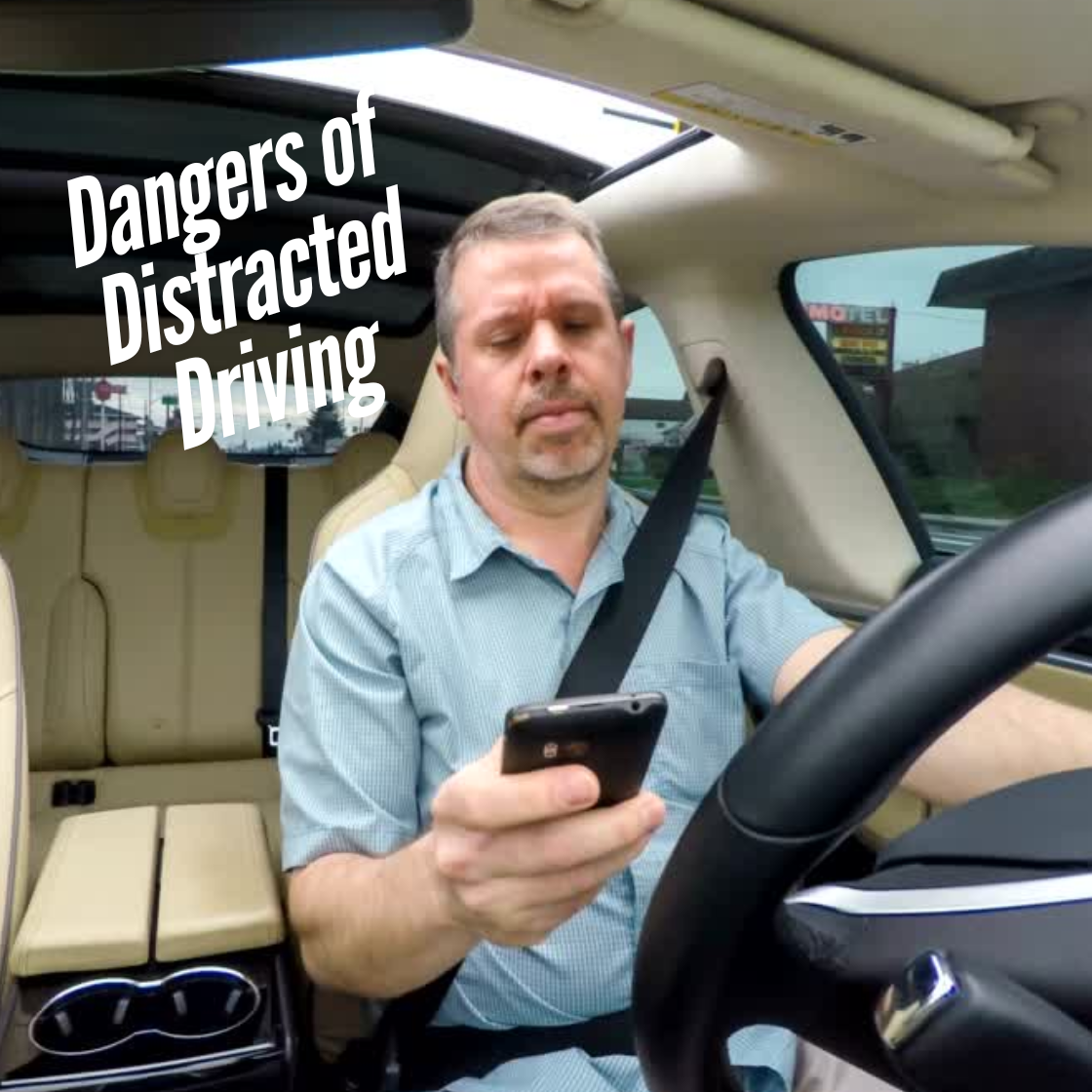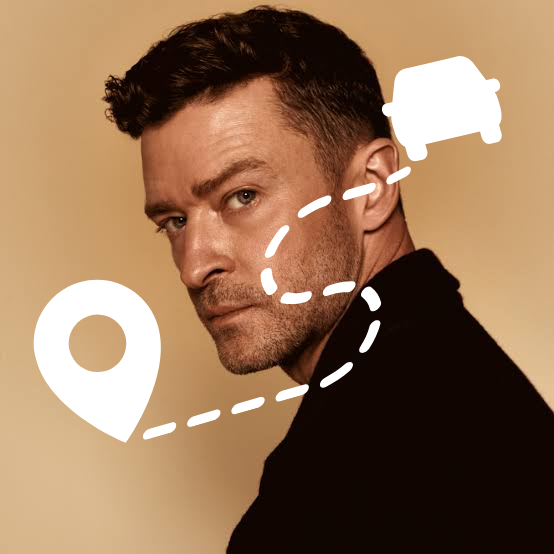Psychological Impact of DWI Driving incident
For those involved in a DWI incident, the trauma can stem from several factors. Survivors may face physical injuries accompanied by a harrowing fear of death during the event, while witnesses might feel powerless and horrified by what they observe. The shock of sudden and violent events, especially when involving severe harm or fatalities, creates fertile ground for PTSD to develop.
PTSD Symptoms in DWI Survivors and Witnesses
PTSD manifests through a variety of debilitating symptoms that disrupt normal functioning. In the context of DWI, these may include:
- Re-Experiencing the Event: Survivors and witnesses may relive the incident through intrusive flashbacks, nightmares, or vivid recollections triggered by reminders such as sirens, screeching tires, or even specific locations. These relived experiences can be as distressing as the initial trauma.
- Avoidance Behaviors: Individuals may actively avoid situations or stimuli associated with driving or vehicles, which can significantly impact their mobility and independence. For some, even discussing the event can feel overwhelming, leading to social withdrawal.
- Heightened Arousal: The hypervigilance and exaggerated startle response characteristic of PTSD can make it difficult for affected individuals to relax or feel safe. Survivors of DWI incidents may constantly monitor their surroundings, overreact to sudden noises, or struggle with insomnia.
- Mood and Cognitive Changes: Persistent feelings of guilt, shame, or anger are common, especially for perpetrators who survive a DWI incident. Witnesses and survivors may also experience a distorted sense of blame or intense sadness, as well as difficulties in concentrating or remembering aspects of their lives before the incident.
Driving While Intoxicated (DWI) incidents and Post-Traumatic Stress Disorder (PTSD) are deeply intertwined, as the sudden and often catastrophic nature of such events can leave survivors, witnesses, and even the perpetrators facing profound psychological effects. DWI incidents are not merely legal violations; they are traumatic occurrences that frequently involve serious injuries, loss of life, and emotional devastation, all of which can act as triggers for PTSD.
The Trauma of DWI Incidents
For those responsible for a DWI incident, the psychological toll can be profound. The weight of causing harm or loss of life, combined with legal consequences, can lead to intense guilt, shame, and self-punishment, further exacerbating PTSD symptoms. The cognitive dissonance of reconciling their actions with their sense of self can create a lingering psychological burden.
The Immediate Emotional Consequences Of Impaired Driving Incidents
In the aftermath of an impaired driving incident, individuals involved often experience a whirlwind of immediate emotional consequences. Shock and disbelief are common initial reactions, as the sudden and unexpected nature of the event can overwhelm those involved. This emotional upheaval is frequently accompanied by intense fear and anxiety, as the individual grapples with the dangerous reality they have just endured.
For victims and witnesses, there is a profound sense of vulnerability and powerlessness, as the incident highlights the fragility of life and the unpredictable nature of accidents. This sense of vulnerability can quickly escalate into a broader feeling of anxiety, where the individual might find it difficult to feel safe in any situation. For perpetrators who may have been driving under the influence, guilt and shame are prevalent emotions that emerge almost instantly.
The Ripple Effect: Families and Communities
The psychological impact of DWI incidents extends beyond those directly involved. Families of survivors or victims often deal with secondary trauma, while communities may face collective grief and anxiety. For some, the fear of becoming a victim themselves might intensify, contributing to a pervasive sense of unease.
Post-Traumatic Stress Disorder (PTSD) is a complex psychological condition that can arise after experiencing or witnessing a traumatic event. Impaired driving incidents, which often involve sudden and violent events, can be particularly impactful, leaving survivors and witnesses grappling with intense emotional and psychological repercussions.
PTSD is characterized by a range of symptoms that include re-experiencing the traumatic event through flashbacks or nightmares, persistent avoidance of reminders associated with the incident, heightened arousal such as hypervigilance or an exaggerated startle response, and significant changes in mood and cognition.
Identifying PTSD Symptoms From a DUI and DWI Incident
In the aftermath of road accidents involving impaired driving, individuals can experience a range of psychological responses. Among these, Post-Traumatic Stress Disorder (PTSD) is a significant concern that may have debilitating effects on survivors and witnesses. Identifying PTSD symptoms in the context of such incidents is essential for providing appropriate care and intervention. One of the primary symptoms is re-experiencing the trauma, which can manifest as intrusive memories, flashbacks, or nightmares related to the accident.
The long-term consequences of PTSD following an impaired driving incident necessitate comprehensive, ongoing therapy and support to foster resilience and recovery, helping individuals gradually reconstruct their sense of safety, self-efficacy, and hope for the future.
Coping Mechanisms And Therapeutic Interventions For Survivors
Survivors of impaired driving incidents often grapple with enduring psychological challenges, including PTSD, which necessitates effective coping mechanisms and therapeutic interventions to facilitate recovery. Many individuals benefit from cognitive-behavioral therapy (CBT), a cornerstone treatment that helps survivors reframe negative thought patterns and manage anxiety related to the trauma.
In addition to traditional therapy, Eye Movement Desensitization and Reprocessing (EMDR) has shown significant promise for those struggling with trauma-related disturbances. EMDR uses guided eye movements to help individuals process and integrate traumatic memories, diminishing their emotional intensity.
Furthermore, mindfulness practices, such as meditation and deep-breathing exercises, can be instrumental in managing stress and promoting emotional regulation. These exercises encourage survivors to remain present, reducing the grip of past traumatic events on their current mental state. Support groups also play a crucial role, offering a sense of community and shared experience that can alleviate feelings of isolation. In these settings, survivors can exchange stories and coping strategies, fostering resilience and hope.
Engaging in regular physical activity and maintaining a balanced diet are additional complementary strategies that contribute to overall mental health and well-being.
Support systems play a crucial role in recovery and healing for individuals experiencing PTSD after an impaired driving incident. These networks, comprising family, friends, mental health professionals, and support groups, provide emotional, psychological, and sometimes physical support essential for navigating the difficult journey of healing. Family and friends offer a foundation of empathy and understanding, vital elements that contribute to emotional stability.
Curious to learn more about the aftermath of a DUI / DWI and your path forward read
here:







